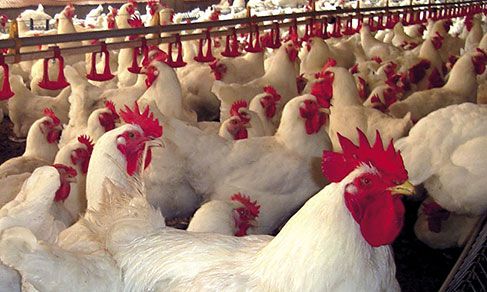Mexico had a 76.3% year-on-year increase in its poultry imports from Brazil in 2022, to US$398 million, according to data from Brazil‘s Ministry of Economy.
In December 2017, Mexico renewed its poultry meat import quota of 300,000 tons through the end of 2019.
No subsequent negotiations have taken place between Mexico and Brazil since its expiration.
As a result, during 2020, Brazil exported only $9 million of poultry meat to the Mexican market in 2019.
In September 2021, the Mexican government announced an additional quota of 30,000 tons of chicken exports from Brazil.
As a result, Brazil’s BRF believes that uncertainty over the size and timing of export quotas tends to hinder its ability to adequately plan exports to Mexico and may negatively affect its business.
Poultry imports
Among the largest importers of poultry meat originating in Brazil, Mexico ranked sixth in 2022.
Above Mexico were: China (1,343 million dollars), United Arab Emirates (950 million), Japan (945 million), Saudi Arabia (847 million) and South Korea (407 million).
In recent years, according to the World Health Organization (WHO), there have been a few human cases of avian influenza and related deaths caused by the H1N1 virus.
In early 2017, Chile, a neighboring country of Brazil, confirmed the occurrence of avian influenza.
Then, in 2019 and 2020, several countries in Europe, Asia and Africa have reported cases of highly pathogenic avian influenza in birds.
In addition, Mexico reported cases in 2019, the United States reported cases in 2020 and Japan, China and other countries in Europe reported cases in 2021.
BRF said there is concern that there could be an outbreak of avian influenza in the country in the future.
Any outbreak of avian flu in Brazil could lead to the need to cull and dispose of BRF’s poultry, which would result in a decrease in sales in the poultry industry, prevent the recovery of costs incurred in poultry farming and bring additional expenses for the disposal of poultry.
![]()

